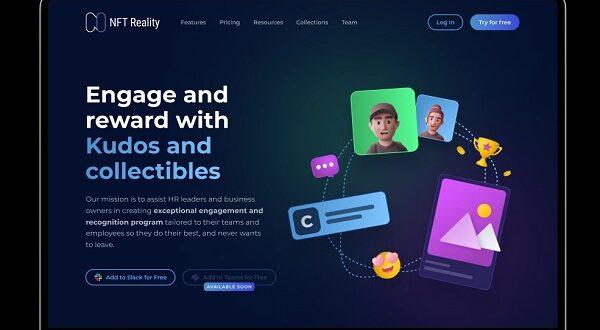Software engineering is only one of several sectors that have been impacted by the recent revolution in AI and ML. These technologies are reshaping how software is developed, deployed, and maintained, offering new capabilities and efficiencies that were once only dreamed of. In this post, we will examine how AI and ML have changed software engineering, looking at some of the most important trends, uses, problems, and potential solutions.
Introduction To AI And Machine Learning In Software Engineering
Machines that can be taught to think and learn just like humans are called artificially intelligent. Machine learning is an AI subfield that relies on algorithms to build its models and then uses those models to make predictions or judgements based on new data. In software engineering, AI and ML are transforming traditional processes, enhancing automation, and enabling developers to create smarter, more efficient applications.
Trends And Applications
Automation And Code Generation
AI-powered tools are streamlining software development by automating repetitive tasks and assisting in code generation.
Enhanced Testing And Quality Assurance
Machine learning algorithms are improving software testing and quality assurance (QA) processes. These algorithms can analyze vast amounts of code and data to detect bugs, vulnerabilities, and performance issues early in the development cycle. Tools
Predictive Analytics And Maintenance
AI enables predictive analytics in software engineering, predicting potential failures or bugs before they occur. This proactive approach helps developers anticipate maintenance needs, optimize resource allocation, and improve overall software reliability. Companies like IBM and Microsoft are leveraging AI to develop predictive maintenance models that minimize downtime and enhance user experience.
Personalization And User Experience
Machine learning algorithms are powering personalized user experiences in software applications. By analyzing user behaviour and preferences, AI can recommend relevant content, tailor interfaces, and predict user actions, thereby enhancing engagement and satisfaction. Companies in e-commerce, social media, and content delivery platforms extensively use AI-driven personalization to improve user retention and conversion rates.
Natural Language Processing (NLP) And Conversational Interfaces
NLP, a branch of AI, enables software systems to understand and respond to human language. Software engineering has seen the rise of AI applications like chatbots and virtual assistants, which employ natural language processing (NLP) to automate interactions, increase user accessibility, and offer customer assistance. Platforms like Amazon Alexa and Google Assistant showcase the potential of AI-driven conversational interfaces in transforming how users interact with software applications.
Challenges And Considerations
While the benefits of AI and ML in software engineering are evident, several challenges must be addressed:
Data Quality And Bias: AI models heavily depend on quality and unbiased data for accurate predictions and decisions. Ensuring data integrity and addressing biases in training datasets are critical challenges.
Complexity And Interpretability: Deep learning models, often used in AI applications, are complex and lack interpretability. Understanding how AI algorithms arrive at decisions is essential for transparency and trust.
Ethical And Legal Concerns: The use of AI in software engineering raises ethical questions regarding privacy, data security, and algorithmic fairness. Regulations and guidelines are evolving to address these concerns and promote responsible AI deployment.
Skill Gaps And Training: Adopting AI and ML technologies requires specialized skills and knowledge. In order for software development teams to make the most of new technologies, it is essential to address skill shortages through education and training.
Future Directions
Looking ahead, the future of AI and ML in software engineering promises continued innovation and transformation:
Advancements In AI Algorithms: More effective AI algorithms that can quickly and accurately handle complicated tasks will be the result of ongoing research and development.
AI-Driven Autonomous Systems: The rise of autonomous systems powered by AI will revolutionize industries such as autonomous vehicles, robotics, and smart infrastructure, pushing the boundaries of software engineering capabilities.
Ethical Ai Practices: Emphasizing ethical AI practices will be crucial in mitigating risks and ensuring AI technologies benefit society responsibly.
Conclusion
In conclusion, AI and machine learning represent a transformative force in software engineering, offering unprecedented opportunities for innovation, efficiency, and user-centric design. While challenges persist, the ongoing evolution and adoption of AI technologies hold immense promise for shaping the future of software development. Embracing these technologies responsibly and innovatively will be key to unlocking their full potential in the digital age.
 Wiki Techno Bestes Tech-News-Magazin-Portal
Wiki Techno Bestes Tech-News-Magazin-Portal

